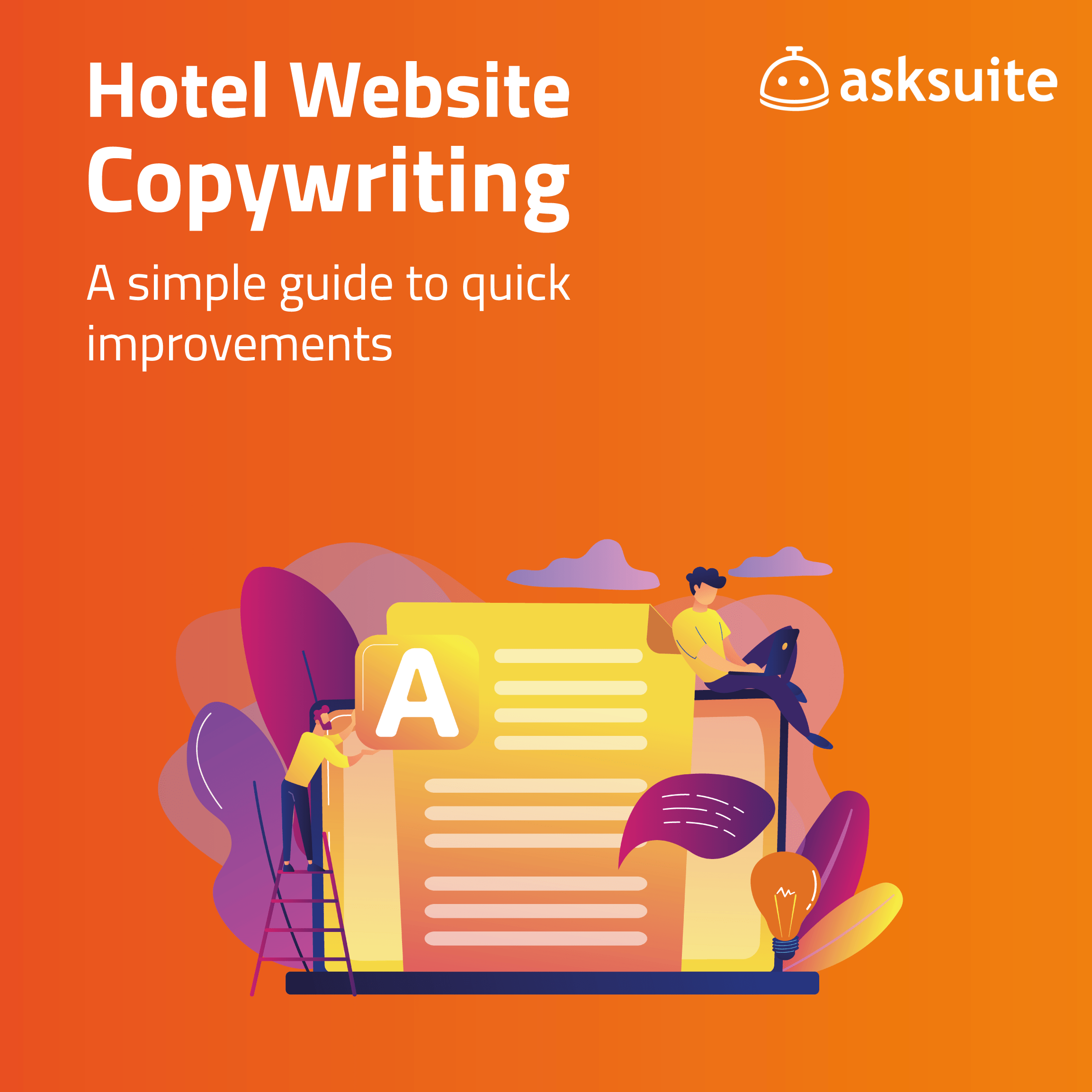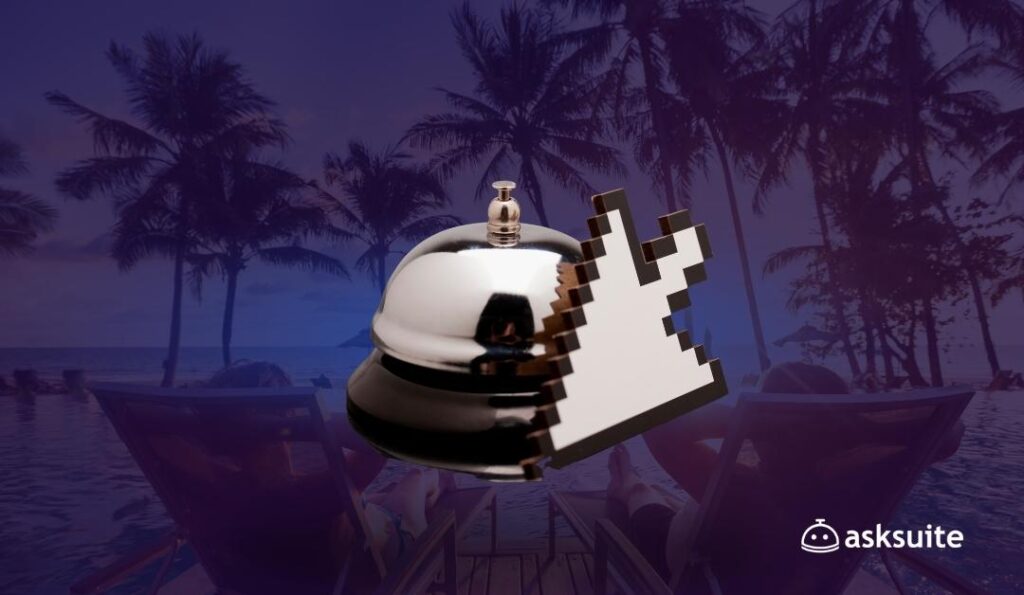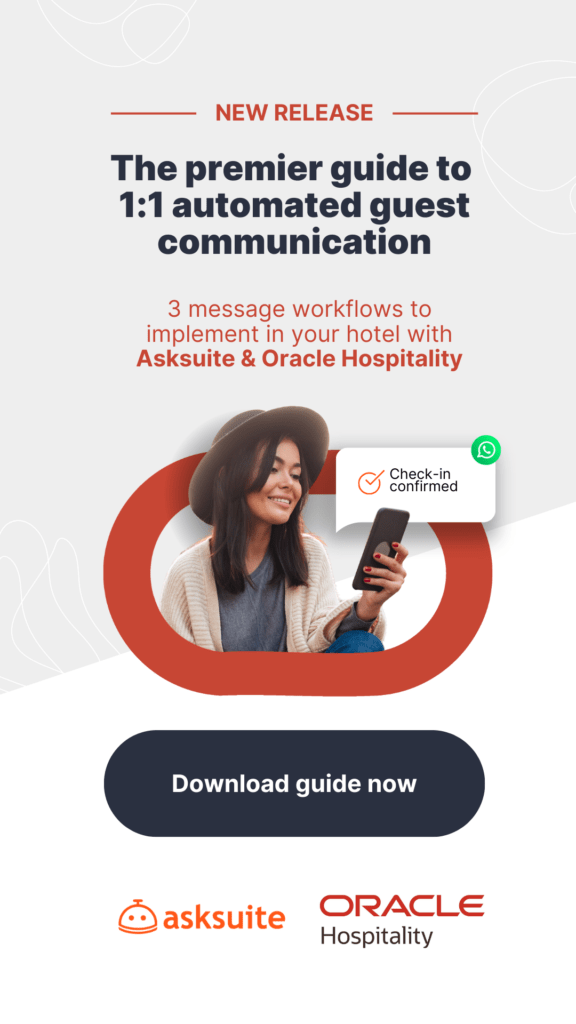Updated on 03/2023
In the hospitality industry, providing a seamless and positive booking experience is crucial for attracting and retaining customers. From the initial search to the final confirmation, each step of the booking process can impact a customer’s perception of the hotel and their likelihood to book again in the future.
In this article, we will discuss various aspects of the hotel booking experience and provide tips for optimizing each stage to create a memorable and enjoyable experience for guests.
Mobile-first website
Was your hotel’s website developed with mobile-first in mind? I imagine (and hope) it uses responsive design (i.e. the website scales automatically to the device size). But when the web agency came, did you first look at the mobile design mockups to make sure that’s what the website needs to look like? Yes, that’s mobile-first.
Since web traffic is predominantly mobile nowadays (If it is not at your hotel, you have a problem!), mobile-first should be the approach.
But it’s not just traffic that dominates mobile. Actual bookings should match that traffic. Yet, to most independent hotels that do not seem to be the case. The culprit for this is typically a terrible booking experience due to either a poor booking engine or a poor integration of the booking engine with the hotel website.
[box] In this episode of The Hotel Cast TV, we chat with experts Melissa Kavanagh (Fuel Travel), Harry Fielder (Umi Digital), Susanne Williams (Journey Travel) and Paula Carreirão (Asksuite) about how to turn your hotel website into a high-converting booking machine by providing the best online booking experience. Check out this Masterclass and take notes as they give practical examples of what you can do right now:ent goes here[/box]
Integrated customizable booking engine
The best website is only as good as its conversion, and this is heavily dependent on your hotel’s booking engine.
To measure conversion, you need excellent data. The booking engine should easily allow you to track this (i.e. to use your web analytics tool of choice to do so, not just the vendor’s analytics).
A booking engine should also be customizable. This means, you should be able to not only adjust the look and feel to match your hotel’s website but to only ask for information necessary for your hotel (e.g. If you don’t need the address then don’t ask it. Your conversion will thank you).
Lastly, and often overlooked, the booking engine should reside within your hotel’s domain (yes this can be done and your booking engine should absolutely support this!). The vendor’s domain should not appear anywhere.
This is important as many unseasoned travelers will get confused when all of a sudden they find themselves on some random website (that might even open in another tab!) which then asks to provide credit card information. Looks somewhat fishy…
Do you think that those bookers don’t want to get scammed and would leave your hotel website right away to complete the booking with an OTA?
Modern booking engines are very affordable and a sure way to shift bookings from third parties to your direct channel.
Hotels with Asksuite smart service platform can now use Mirai booking engine or Mirai Metasearch to boost even more direct bookings. [READ ABOUT ASKSUITE & MIRAI OFFICIAL INTEGRATION]
Live chat
How many guests reach out to you asking standard questions like check-in times or directions? How many do this by phone because they cannot find the information on your website? And how many phone calls can one of your front desk or reservations agents handle simultaneously?
Probably not many more than one at a time.
And how many bookings do you lose (to competitors or OTAs) because your agents are busy answering directions or similar questions?
The huge advantage of live chat is that your agents can handle multiple chats simultaneously. It is much more effective, and your guests receive their answers much quicker than by phone.
Add to that artificial intelligence and you take the booking experience to the next level, freeing up your agents to dedicate even more of their attention to the guest, providing better customer service and a better booking experience. And, of course, it gives them more time to upsell premium products and services.
Reviews
It is one of the time-consuming tasks hotels cannot ignore or avoid: responding to reviews.
And while responding to guest reviews is not optional, we can use reviews to our benefit. We never really respond to a review with the specific guest in mind but rather the potentially thousands of prospects who might read the review. And as such, it turns into a powerful marketing tool.
Reviews highlight your hotel’s strengths and weaknesses. And they do the same for your competitors. And this is what you would like to incorporate into your content marketing.
Build content around questions and feedback you receive. It will help with your SEO and ultimately help you increase bookings.
Content marketing
As mentioned above, you have a huge opportunity right now. Guests want to know what is going on at your destination. And you are the expert on that. Not a third party!
There is no reason why you wouldn’t create a landing page for every attraction or point of interest in your neighborhood or destination.
Listen to your guests. Listen to what they say on social media or the questions they as when they are at the hotel (or before they arrive) and build FAQ pages on your website.
Let’s create a booking experience for our future guests, that shows them the level of service they can expect once they arrive at the hotel lobby.
Your booking experience
Which measures are you going to take at your hotel to improve the booking experience in preparation for the return of demand? Will you implement a live chat on your hotel’s website, or are you going to focus on content marketing?
Let us know in the comments below.
 About the author: Christoph Hütter – Non-traditional Revenue Manager & Consultant : As a non-traditional Revenue Manager and Revenue Strategy consultant, Christoph Hütter helps independent hotels and hotel groups gain a competitive advantage, grow market share, improve their business and build strong relationships with their guests.
About the author: Christoph Hütter – Non-traditional Revenue Manager & Consultant : As a non-traditional Revenue Manager and Revenue Strategy consultant, Christoph Hütter helps independent hotels and hotel groups gain a competitive advantage, grow market share, improve their business and build strong relationships with their guests.
Christoph started his career as an Austrian in Belgium working for an Italian hotel company. He speaks five languages and has worked with hotels across Europe and North America. Christoph’s motto is “I do today what others don’t so I can do tomorrow what others can’t…” Learn more about Christoph’s work at: https://christophhutter.com/
[box]

⭐ Your hotel website can be your best salesperson. In this ebook, expert Juliana Hahn, content creator and copywriter specialized in the hospitality and tourism industry, will help you collect more direct bookings by improving the content on your website.
[CLICK HERE TO DOWNLOAD NOW] [/box]





